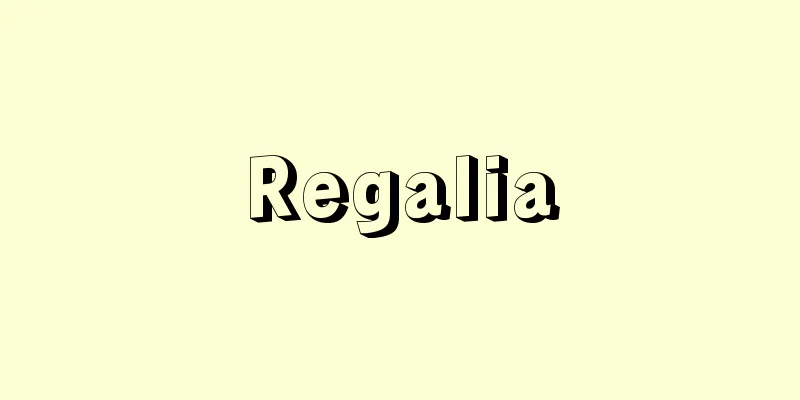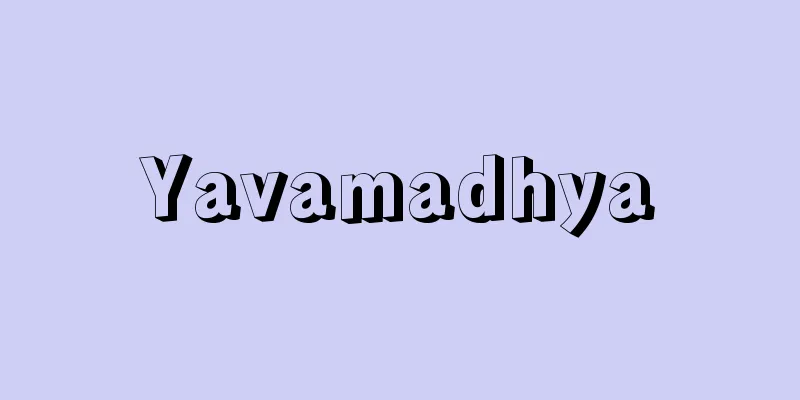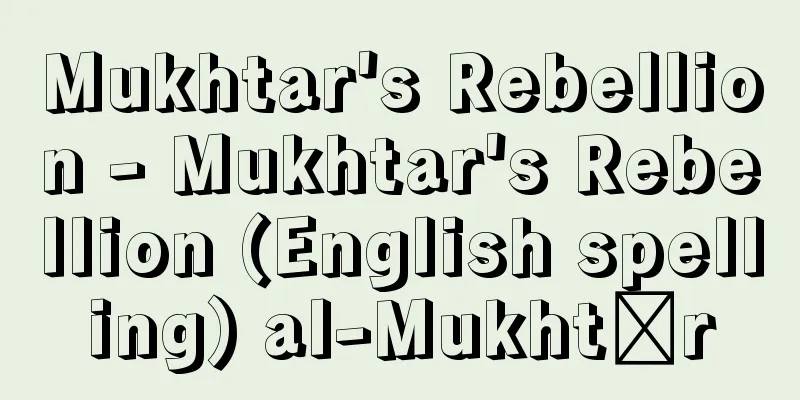Regalia

|
In medieval Europe, the term regalia refers to the sovereign powers that could only be exercised by the king and granted to others. The Latin word regalia was used. The idea of regalia was already recognized in the Frankish Kingdom, but it was not until the Kingdom of Germany (Holy Roman Empire) that it was conceptually clarified. *Some of the terminology that mentions "regalia" is listed below. Source | Heibonsha World Encyclopedia 2nd Edition | Information |
|
…中世ヨーロッパにおいて,国王のみが独占的に行使し,また他人に付与しえた大権をいう。ラテン語ではレガリアregalia。レガーリエンという観念は,すでにフランク王国時代から認められるが,それが概念的に明確化されたのは,ドイツ王国(神聖ローマ帝国)においてである。… ※「regalia」について言及している用語解説の一部を掲載しています。 出典|株式会社平凡社世界大百科事典 第2版について | 情報 |
Recommend
Pyrrhon (English spelling)
[Born] 365 B.C. Ellis [Died] c. 275 BC. Greek phil...
"Outline of Ainu Language" - Ainu Gohou Isetsu
…He also conducted a wide range of research on th...
"Otsu-e Boatman"
…The famous pieces are as follows: (1) Otsue Boat...
Donglin Party - Donglin Party
The name given to a political group in the late M...
Kanchipuram (English spelling)
A city located in the northern part of Tamil Nadu,...
Karma School - Karmaha
Please see the Kagyū page. Source: Encyclopaedia ...
Stock tag - Kabufuda
〘 noun 〙 In the Edo period, a tag indicating the r...
Japanese
...This refers especially to the style that was s...
Arachniodes sporadosora (English name) Arachniodessporadosora
…[Shigeyuki Mitsuda]. … *Some of the terminology ...
Cire-perdue (English spelling)
...Needless to say, the former technique came fir...
Wang's study
〘Noun〙 The school of Wang Yangming in the Ming Dyn...
《Ekisai Ranwara》
…He also introduced Cho Mengbo's style of cal...
Office building - Jimushokenchiku (English) office building
The main part of the building is designed for use ...
chorology
...The more a society develops and grows, the mor...
Kecak - Kecha (English spelling) kecak
A performing art performed on the island of Bali ...









